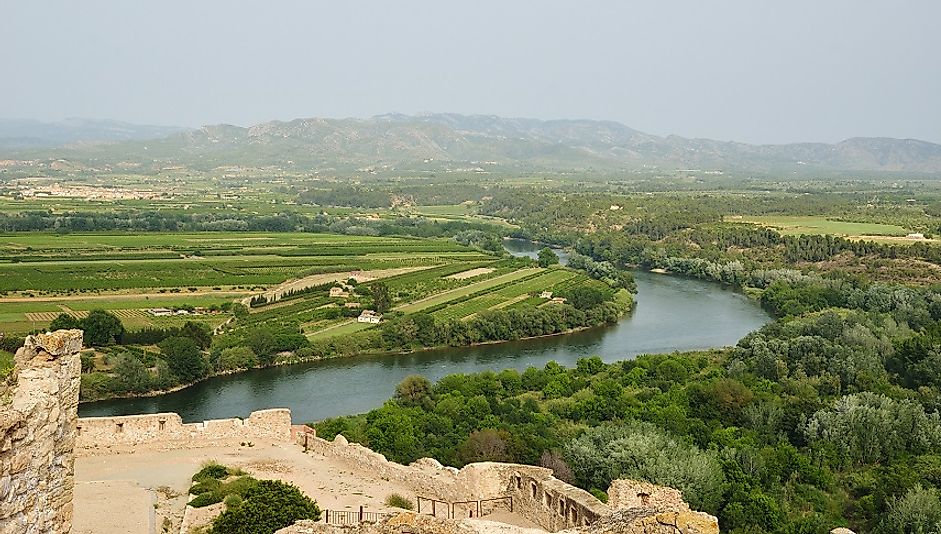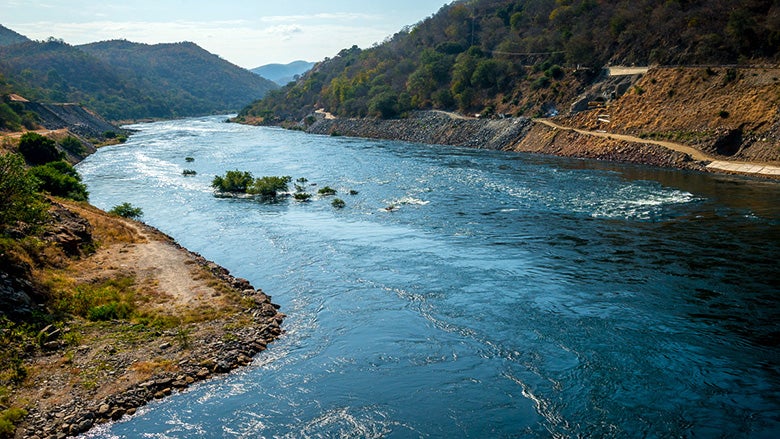
Group on River Basin Economic and Policy Modeling (GRBEPM)
Background & Objectives
Water is essential for sustainable development, underpinning almost all types of economic activities – from agriculture to manufacturing and energy – as well as human health and ecosystems. However, the growing water challenges (water scarcity, droughts, floods, pollution, and political conflicts) worldwide are threatening stability, economic growth, human wellbeing, and biodiversity. Research is needed to develop innovative solutions to those challenges. Several river basin modeling approaches have been developed in the last decades, including hydrological and engineering models. However, these models do not account for the economic value of water, with water demands usually represented by fixed water requirements, and cannot evaluate the cost-effectiveness of water policy interventions, the roles of institutions and incentives in water management, and the trade-offs between economic efficiency and environmental sustainability. Next generation river basin modeling that integrates hydrological, economic, institutional, and environmental aspects is thus needed to guide the design of water policy interventions.
The Group on River Basin Economic and Policy Modeling (GRBEPM) was established in April 2021. Its mission is to significantly improve river basin economic and policy models, and scientific capability, for assessing impacts of water scarcity, droughts, climate change and other driving forces on water-related economic sectors and ecosystems and identifying efficient, sustainable, stable, and implementable water policy interventions. The GRBEPM is comprised of four research teams from the University of Cape Town (South Africa), the International Institute for Applied Systems Analysis (Austria), the University of California Riverside (the United States) and the University of Zaragoza (Spain). These teams carry out research activities related to river basin economic modeling and policy analysis of water management issues across diverse geographical, climatic, socio-economic, and institutional settings. River basins under consideration at present are Limpopo, Zambezi, Colorado, and Ebro. The teams also have a broad range of complementary skills (economics, hydrology, agriculture, ecology, water governance, political-economy, integrated modeling) that will allow the GRBEPM to effectively achieve its mission.
The objectives of the GRBEPM are the following:
- Share knowledge (e.g., codes, data), networks, and experience related to river basin economic and policy modeling.
- Advance economic and policy analysis methods for addressing complex future water challenges at the river basin scale.
- Cross-scale inter-comparison of the implications of water policy interventions in various river basins across the world and extraction of valuable lessons that can be applied by many other river basins and adapted to their specific physical, socio-economic, and institutional settings.
- Support the establishment of a river basin economic and policy modeling research community, by encouraging cross-scale analyses, through jointly developing groundbreaking research proposals, organizing workshops, and publishing high-impact journal papers.
For more information contact Professor Ariel Dinar and/or Dr. Taher Kahil



